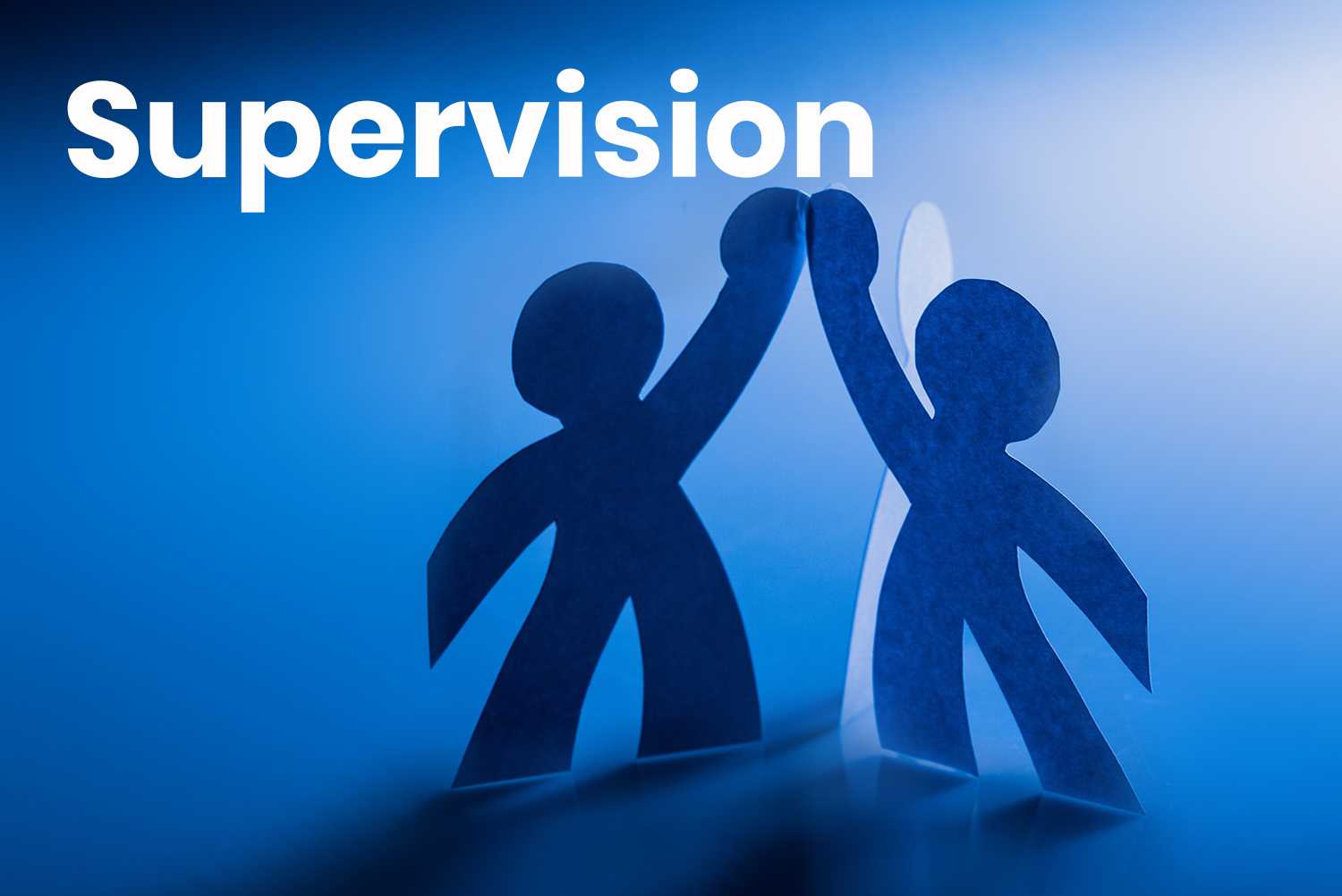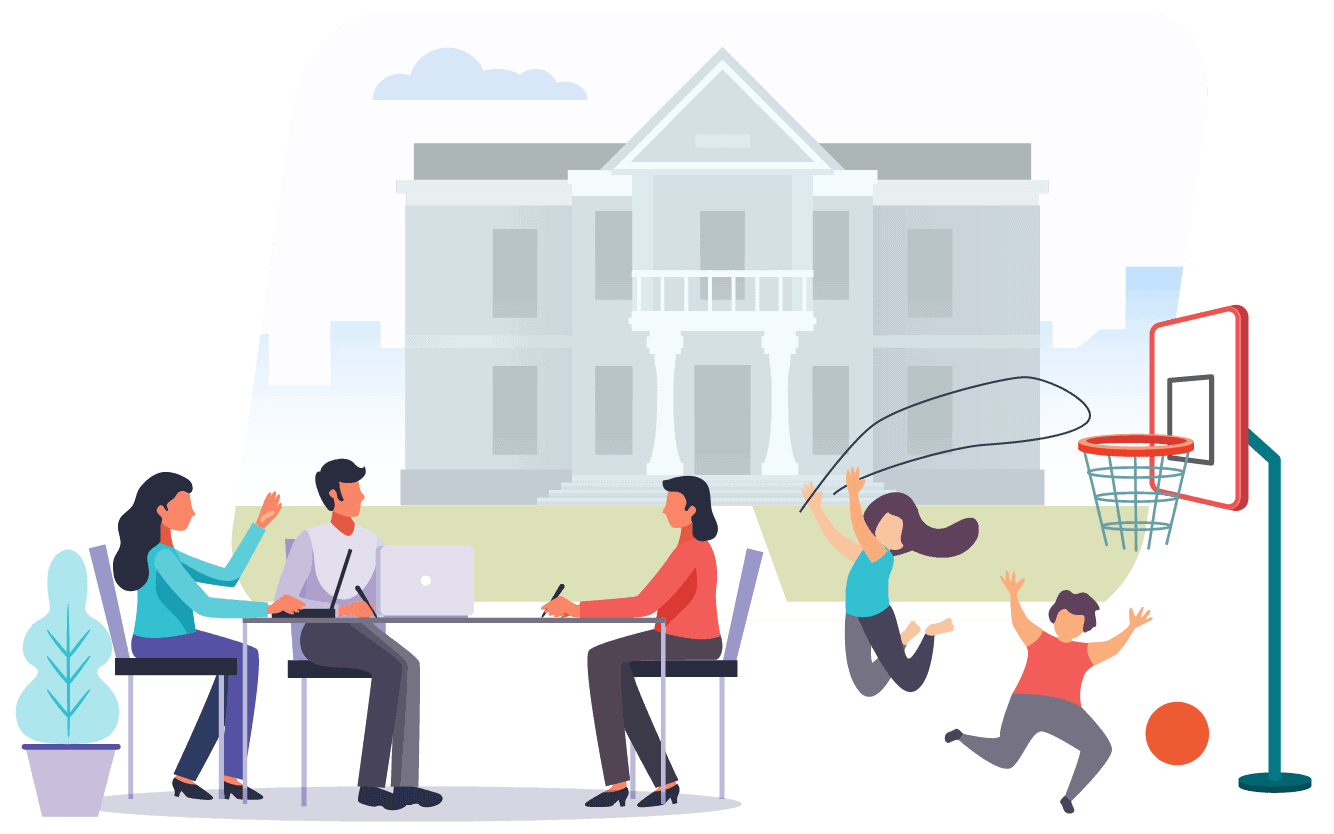C 83 Block 4 FB Area karimabad karachi
C 83 Block 4 FB Area karimabad karachi

It’s a place where your child is treated as MY CHILD. We prepare your child for the mainstream school curriculum by providing quality education.
MSS Established in the year 2010, April 5. The key concept of this institution is to work with a multidisciplinary team, with a variety of specialists to identify and meet the needs of students with Autism & Slow Learners UNDER ONE UMBRELLA. Means School System Institute for Autism & Slow Learners provides specialized instructions with identified Autism and Sloe learners , that are designed to meet student’s unique learning needs, giving them the opportunity to develop to the utmost level of potential.
They also conduct Parental Workshops for the parents/caregivers to enable them to understand their kids more and can be able to be better guides for them as a home is the base of education for every child. MEANS school organizes a wide range of extra-curricular activities and events which consists of
Milad, sports day, fun gala, fun events with different themes where students can enjoy with their families as well as many different activities which involves birthday celebrations of their students as well as cookery lessons, water play, teacher’s day celebrations,
independence day, defense day celebrations and much more.
A group of students from MEANS school system participated in SPECIAL OLYMPICS YOUNG ATHLETES .
ACADEMICS INTERVENTION FOR SCHOOL STUDENTS INCLUDED
THERAPUTIC INTERVENTIONS FOR SCHOOL STUDENTS INCLUDED

Means rehabilitation center deals in the following under the supervision of senior experts
Psychological therapy is meant to treat a mental health condition or help a child manage their symptoms so that they can function well at home, in school, and in their community. Psychological therapy for children can be done one-on-one or in groups. Sometimes, a combination of therapies is the most effective for helping a child.
Behavior therapy teaches children and their families how to strengthen positive child behaviors and eliminate or reduce unwanted or problem behaviors. The Psychologist works with parents to learn or improve skills to manage their child’s behavior. Parents are encouraged to practice the skills with their child, either during the therapy session or at home. Teachers can also be trained in behavior management to help the child at their childcare center or school.
Psychological / behavior Therapy services at Means Institution initiated in April, 2010, and has been providing quality services under the supervision of a specialized Pediatric psychologists. Therapies are play based since children learn best in a joyful environment. Parents/guardians and the therapist work as a team to provide the best care to every child’s individualized needs.
Days: Monday to Thursday | Timings: 9:00am-5:00pm.
Friday | 9:00am-1:00pm
Saturday | 9:00am – 2:00pm
Physical Therapy focuses on regimens for better lung development and exercises to attain, maintain, or prevent deterioration of a gross motor skill or function never learned or acquired due to a disabling condition. Gross motor skills are skills that develop through using the large muscles of the body in a coordinated and controlled way and helps the child in achieving his/her milestones such as neck holding, independent sitting ,walking running etc.
Physical therapy should be started from the first month of your baby's life to get best possible outcomes. Proper lung development is essential in the early years of life. To ensure this, correct positioning of the child, along with some exercises is essential. Physical therapy helps in achieving milestones timely. In addition, strengthening exercises should be initiated to improve muscle tone and endurance.
Physical Therapy services at Means Institution initiated in 2012, and has been providing quality services under the supervision of a specialized Pediatric Physical therapist. Therapies are play based since children learn best in a joyful environment. Parents/guardians and the therapist work as a team to provide the best care to every child’s individualized needs.
Days: Monday to Thursday | Timings: 9:00am-5:00pm.
Friday | 9:00am-1:00pm
Saturday | 9:00am – 2:00pm
Occupational therapy (OT) is a client-centered health profession which enables people to participate in their occupations of everyday life i.e. work, play and activities of daily living. An occupational therapist is a professional who evaluates how different health conditions can affect a person’s functioning and thus helps them to overcome or work around the difficulties in an improved manner.
Occupational therapy (OT) practitioners work with child to help them master skills for independence through self-care like feeding and dressing, fine and gross motor skills, school performance, and play and leisure activities.
During infancy, OT practitioners can help mothers whose children are having feeding problems because of weak muscles in their cheeks, tongue, and lips.
During early childhood, therapy can focus on mastering motor skills for independence, focusing on low muscle tone, loose ligaments at the joints, and visual and auditory deficits. A therapist can help parents place expectations that are appropriate to the ability of the child, can suggest positioning or adaptations that might help the child become more independent.
School-aged children with Autism and Slow learners benefit from an OT practitioner’s ability to address self-care skills like zipping a jacket, and fine and gross motor skills like cutting with scissors or completing multistep classroom routines to facilitate participation in school activities. OT practitioners can also assist in the classroom by enhancing the child’s communication skills through printing, handwriting, and keyboarding. Other challenges addressed are adaptations to the classroom—such as the position of desks and chairs—for optimal performance, based on the child’s physical abilities.
Occupational therapist calm the sensory integration needs in the areas of proprioception, vestibular and tactile.

MRC’s occupational therapy clinic was set up in April 2010, aiming to provide early intervention and support to the children. Importance is also placed upon educating care-givers so that they can understand the importance of a specific skill and continue practicing it with their child. Therapy sessions are conducted weekly, bi-monthly and monthly as per the child’s need.
Days: Monday to Saturday | Timings: 9:00am-5:30pm.
Friday | 9:00am-1:00pm
Saturday | 9:00am – 2:00pm

Speech and language therapy provides treatment, support and care for children and adults who have difficulties with communication, speech, language, and swallowing. Speech and language therapists (SLTs) work with parents, care takers and other professionals, such as teachers, nurses, occupational therapists and doctors in managing disorders.
Children with disabilities usually have delays in development of communication skills, including receptive (understanding) language and expressive (speaking and composing sentences) language skills and reading. Speech-language pathologists have information and expertise to help address the speech and language problems faced by many children . A speech therapist will help in developing/managing the following
Speech delays | Language delays | Fluency disorders | Voice and resonance (nasality) disorders | Swallowing and feeding problems | Cognitive-communication disorders/barriers.

MRC has been offering speech and language therapy services since April ,2010. These services have helped children in communicating their needs in daily life, enhancing social interaction skills, being able to function better at school, and breaking the communication barrier that exists when the child has speech and language delays. Speech and language therapy sessions are conducted weekly, bi-monthly or once a month, based on the child’s need and feasibility options.
The timings of speech and language therapy service at MRC are mentioned below:
Days: Monday to Saturday | Timings: 9:00am-5:30pm.
Friday | 9:00am-1:00pm
Saturday | 9:00am – 2:00pm
Remedial Therapy deals with deficits in acquiring academic skills. It caters to difficulties in the area of Reading, Writing, Spellings, Attention, Handwriting, Vocabulary, Punctuation, etc.
Remedial Therapy deals with the academic skills hence a direct effect of the therapy is observed on academic performance.
The benefits of remedial therapy are Improvement of skills deficits, Manage downward trend in academic performance, Proves to be helpful to some secondary disorders, e.g. ADHD, Increase in self-confidence and self-esteem of child, Presence of support for family, Provision of help for Advocacy in school , It is known to be the most direct treatment approach for Learning Disabilities, Its goals are educational in nature, It strives to improve upon the deficits the student has in the areas of academic achievement and information processing
MRC utilizes specialized methods, materials and strategies to achieve mentioned goals. It has been offering remedial therapy since April ,2011. These services have helped children in academics. Its goals are educational in nature, It strives to improve upon the deficits the student has in the areas of academic achievement and information processing
The timings of remedial therapy service at MRC are mentioned below:
Days: Monday to Saturday | Timings: 9:00am-5:30pm.
Friday | 9:00am-1:00pm
Saturday | 9:00am – 2:00pm
Discovering that one’s baby has autism isn’t easy. Families and caregivers are met with countless questions, uncertainties and often feel alienated. At this overwhelming time, knowing that others have had the same experience can be a source of relief.


Parents Group sessions on various themes are conducted frequently. An expert of field discusses various issues pertaining to education, healthcare, development, and emotional well-being. Each session brings together parents and caregivers to facilitate their better understanding of Autism and slow learner, enhance coping skills, and empower them to become advocates for their child. The sessions function as a forum where parents and caregivers can discuss new information, share ideas, navigate the challenges of raising a child with Autism and slow learner together, and offer emotional support to each other to develop a sense a belonging.

The life skills program incorporates a wide range of knowledge and skills that provide individuals with Autism and Slow Learners with important tool to help them handle daily tasks in their lives and develop into active and productive members of their communities. the life skills included in their program self care/ hygiene, communication, money and time management skills.


AISN, An internship program in that a professional learning experience that offers meaningful, practical work related to a student's field of study or career interest. AISN internship gives a student the opportunity for career exploration and development, and to learn new skills.
All interns complete one year (full day ) internship program with rotations. Interns are involved in selecting their preferred rotations from the clinical experiences that are available: speech therapy, remedial for academics, behavior therapy.
On each rotation, interns also provide assessment services to aid in differential diagnosis and treatment planning. This allows the intern to gain experience with a wide variety of assessment measures addressing developmental, cognitive, educational assessment, speech and language assessment, assessment of behavioral functioning. In addition, interns are asked to develop individualized Educational Plans.

The primary training objective of the internship is to provide an intensive clinical experience in a multicultural institution. The diverse patient population served by the hospitals provides a unique opportunity for the intern to become attuned to the ethnic, cultural, psychological, biological and economic factors that shape people’s lives in often devastating ways. The emphasis of the learning experience is on helping the student integrate a growing theoretical and psychodynamic understanding with practical knowledge of specific assessment and treatment approaches. Interns are exposed to patients with a broad range of psychological issues and mental disorders at different levels of functioning.
The diversity of the clinical settings provides the opportunity to observe and work with patients at all phases of their involvement with the mental health system. Patients may be followed from their entry into the emergency service, through crisis intervention or hospitalization, to longer-term aftercare.
Diagnostic skills are sharpened through the supervised program in psychological testing as well as through practice in interviewing. Students learn to conduct formal mental status interviews and apply both structured and less structured clinical interviewing techniques appropriate to patient and service.

